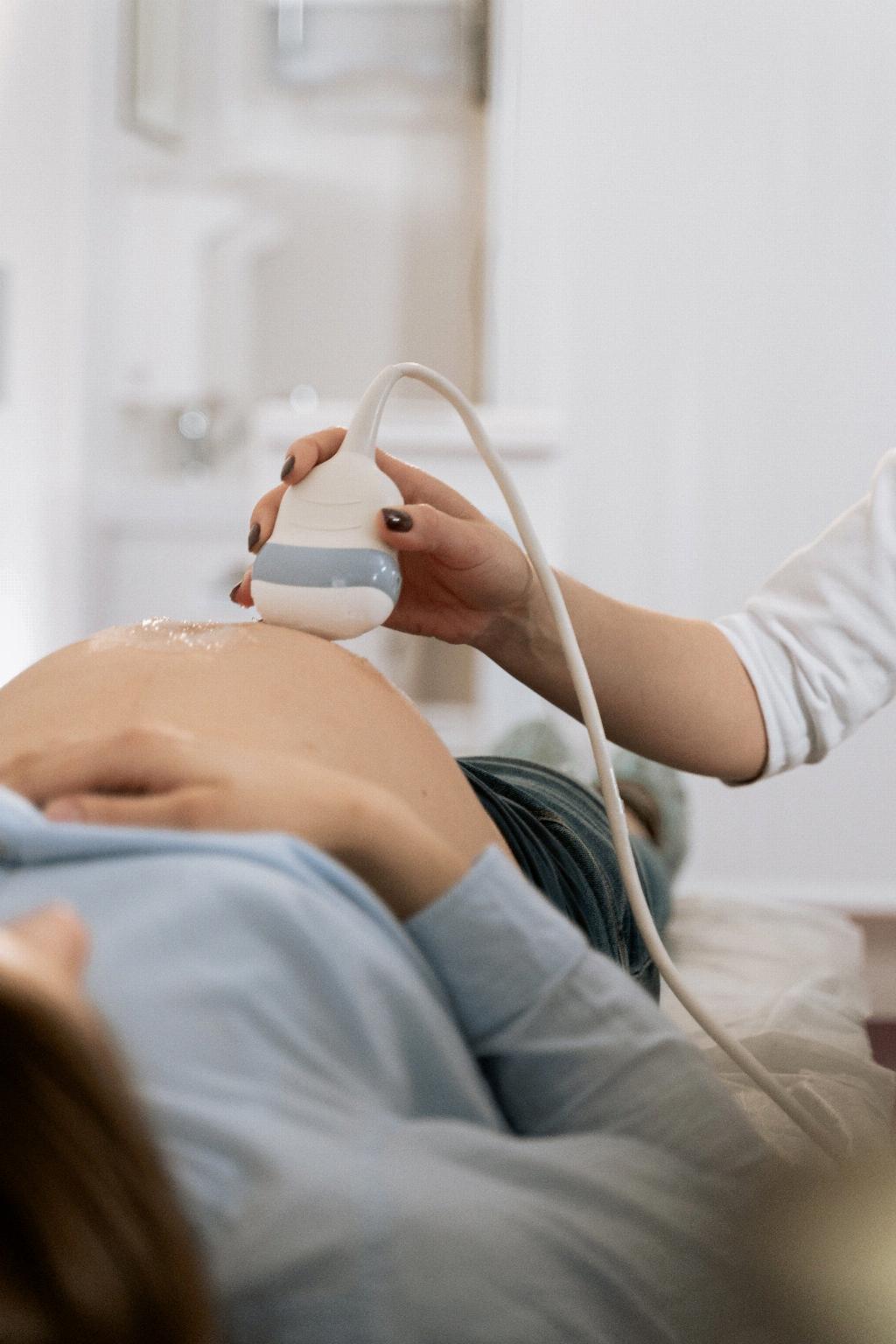When it comes to the timing of morning sickness, every woman’s experience can be unique. It’s essential to recognize that morning sickness, also known as nausea and vomiting of pregnancy, can vary from person to person. While some expectant mothers may start experiencing morning sickness around week 5 or 6 of their pregnancy, others may not experience it at all. This variation in timing is entirely normal and does not necessarily indicate a problem with the pregnancy.
Early Symptoms of Pregnancy
For many women, experiencing morning sickness can be one of the initial signs of pregnancy. The sudden onset of nausea and vomiting can serve as a signal that a woman may be expecting. However, it’s crucial to remember that not all pregnant women will experience morning sickness in the same way or at the same time. Some may start feeling queasy earlier in their pregnancy journey, while others might not experience it until later on.
Potential Factors Influencing Morning Sickness
Several factors can play a role in when a woman may start experiencing morning sickness. These factors can include hormonal changes, individual differences in sensitivity to pregnancy hormones, stress levels, overall health, and dietary habits. It’s essential to consider that each woman’s body reacts differently to the changes that occur during pregnancy, which can influence the timing of morning sickness.
Can You Get Morning Sickness at 11 Days?
The question of whether morning sickness can occur as early as 11 days after conception is a valid one. While it’s less common to experience morning sickness so early in pregnancy, it is not impossible. Some women may start feeling nauseous or unwell shortly after conception, while others may not experience any symptoms until later on. It’s crucial to recognize that the timing of morning sickness can vary widely among pregnant women.
Consulting with a Healthcare Provider
If you have concerns about experiencing symptoms like morning sickness or any other aspects of your pregnancy, it’s essential to consult with your healthcare provider. A medical professional can provide personalized guidance and support based on your individual health needs and circumstances. They can offer valuable insights into managing symptoms and ensuring a healthy pregnancy journey.
Managing Morning Sickness Symptoms
If you are experiencing morning sickness, there are several strategies that may help alleviate your symptoms. These can include eating small, frequent meals, staying hydrated, getting plenty of rest, avoiding triggers that worsen nausea, and trying natural remedies like ginger or peppermint. It’s essential to listen to your body and find out what works best for you in managing your morning sickness symptoms.
Staying Informed and Prepared
As you navigate through your pregnancy journey, staying informed and prepared can help you feel more confident and empowered. Understanding that morning sickness can vary in timing and severity can help you approach this aspect of pregnancy with a sense of readiness. Remember that each pregnancy is unique, and what works for one woman may not work for another.
Support and Understanding
It’s essential to seek support and understanding as you experience the ups and downs of pregnancy, including morning sickness. Talking to other expecting mothers, joining online communities, or seeking guidance from healthcare professionals can provide you with the encouragement and reassurance you may need during this time. Remember that you are not alone in this journey.
Importance of Self-Care
Practicing self-care and prioritizing your well-being during pregnancy is crucial. Taking time for yourself, engaging in activities that bring you joy, and seeking emotional support can help you cope with the challenges of morning sickness and pregnancy in general. Remember that it’s okay to ask for help when you need it and to prioritize your health and well-being.
Conclusion
In conclusion, the timing of morning sickness during pregnancy can vary from woman to woman. While it’s more typical for morning sickness to start around week 5 or 6 of pregnancy, some women may experience symptoms earlier or later. Whether you can get morning sickness at 11 days after conception depends on individual factors and how your body responds to pregnancy. Remember to consult with your healthcare provider for personalized guidance and support throughout your pregnancy journey.

